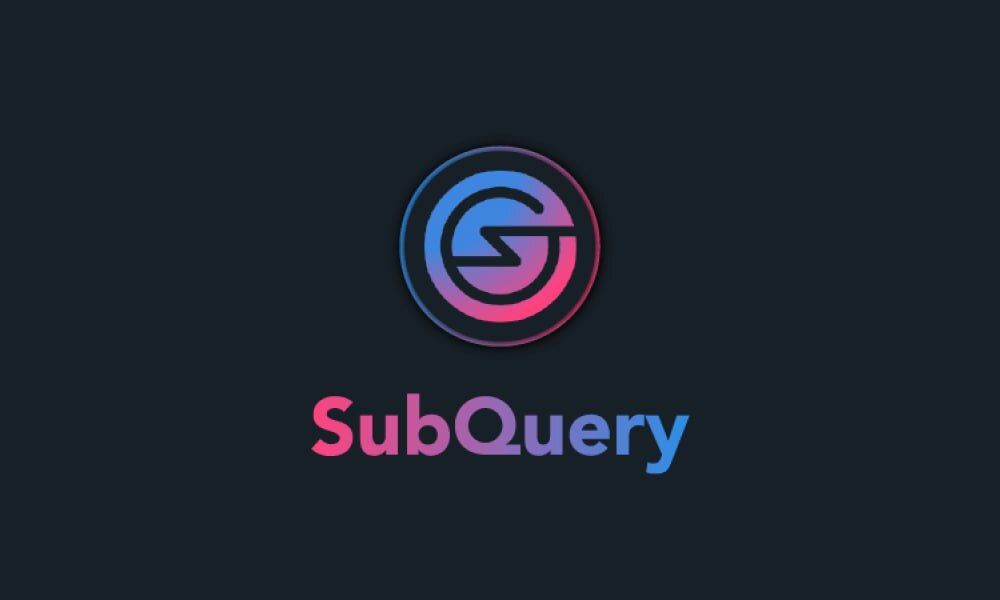Editorial Note: The following content does not reflect the views or opinions of BeInCrypto. It is provided for informational purposes only and should not be interpreted as financial advice. Please conduct your own research before making any investment decisions.
Middleware plays a crucial role in decentralized applications (DApps) by bridging the gap between blockchains and user interfaces.
It encompasses various components such as indexers, which organize blockchain data, and remote procedure calls (RPCs), enabling network interactions to function as if they were local. Additionally, middleware includes oracles and decentralized data storage services, which are software solutions that transfer real-world data to the blockchain.
While middleware enhances the scalability and usability of DApps, its inherently centralized structure poses significant challenges. This centralization can lead to instability and risks a single entity gaining control, which threatens the core principles of decentralization within the Web3 ecosystem.
To address these concerns, the Web3 community is actively developing alternatives to reinforce the decentralization of the middleware layer. These efforts ensure the infrastructure remains robust and true to the decentralized ethos.
Infrastructure for a decentralized future
In line with these developments, SubQuery Network offers a scalable and unified data infrastructure that supports the vision of a decentralized future. The platform offers a suite of tools designed to empower developers to bring DApps to life without compromising speed, flexibility and efficiency. SubQuery is assisting developers globally, with full support for over 160 networks, including many outside the Ethereum Virtual Machine (EVM) family.
With its native token, SQT, SubQuery integrates two core services — indexing and RPC — into a single decentralized network. Thus, users can access fully decentralized services (for example purchasing a plan for an RPC endpoint) with the simplicity of Web2 alternatives.
The platform tests the network’s load capacity through its free offerings. Additionally, the network is transforming with the beta launch of the SubQuery Data Node. The redesign of the structure and query language of RPCs leads to significant performance increases. Preliminary results show that the SubQuery Data Node enables the data indexer to run 3.9 times faster than The Graph.
The role of middleware on Web3 decentralization
When discussing the evolution of Web3 decentralization, James Bayly, chief operating officer of SubQuery Network, emphasized middleware’s critical role: “The next era of Web3 decentralization will be in the middleware, the final frontier against centralized services and industry titans.”
Bayly pointed out the challenges faced by developers, stating, “Developers have long had to sacrifice performance and reliability when building DApps, we are working to make these sacrifices a thing of the past.” Bayly also highlighted that “many leading DApps are utterly reliant on centralized middleware components that could be turned off at any moment.”
The Web3 community focuses on making middleware more decentralized, paving the way for a secure, user-friendly and public digital environment. As we progress, the number of choices available to developers in Web3 will only increase.
Learn more about SubQuery Network.
Disclaimer
This article is sponsored content and does not represent the views or opinions of BeInCrypto. While we adhere to the Trust Project guidelines for unbiased and transparent reporting, this content is created by a third party and is intended for promotional purposes. Readers are advised to verify information independently and consult with a professional before making decisions based on this sponsored content. Please note that our Terms and Conditions, Privacy Policy, and Disclaimers have been updated.
